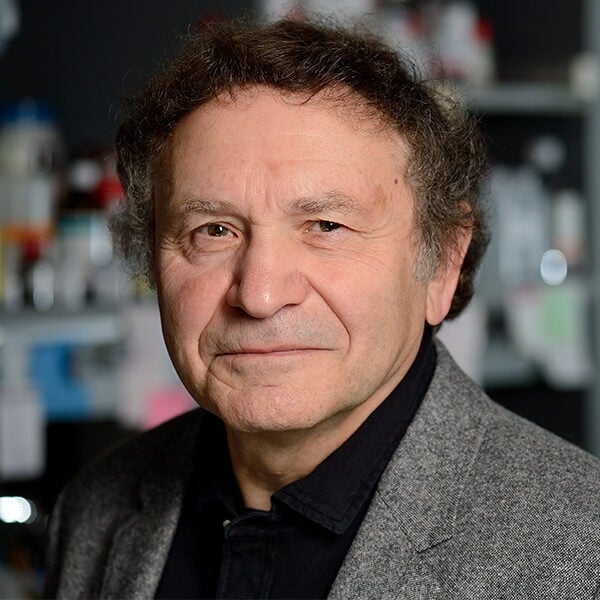Research Interests
Quantitative Cancer Biology and Therapeutics
The overarching goal of the Systems Biology Laboratory is to apply modern methods of biomedical engineering to better understand the mechanisms of cancer and to significantly advance treatments for this devastating disease. Cancer cells invade into healthy tissues and co-opt these tissues into promoting tumor growth and metastasis. They use multitude of ways to evade therapeutics by adapting to drugs making them ineffective. To control and conquer the disease, the applications of modern quantitative methods are absolutely necessary; our laboratory is at the cutting edge of the cancer systems biology research. The research in the laboratory is broad and uses a combination of experimental and computational approaches. We investigate cancer at different levels from genes to proteins to tumor, and eventually to the whole body. We look into the ways the factors that stimulate tumor growth (eg growth factors) signal to the interior of the cell, and how cancer cells communicate with their neighbors such as immune cells and vascular cells. We develop and test novel drugs to treat different types of cancer.
Our research focuses on the following areas:
- Fundamental studies of cancer biology to better understand how different cells interact to cause cancer metastasis
- Identification of novel molecular drug targets for different types of cancer
- Drug discovery including therapeutic peptide agents to inhibit tumor growth and metastasis
- Immuno-oncology aimed at turning patient’s immune system to targeting cancer cells
Peripheral arterial disease
Ischemic cardiovascular diseases such as Peripheral Arterial Disease (PAD) are caused by atherosclerosis that results in impaired blood flow to the tissues. A therapeutic intervention for PAD is to induce angiogenesis, the growth of new microvessels, to improve blood flow and oxygen delivery. Our approaches to this disease include multiscale computational modeling and bioinformatics combined with animal experiments. Among the molecular targets we consider Vascular Endothelial Growth Factor (VEGF), Hypoxia-Inducible Factor (HIF), thrombospondin (TSP), and matrix metalloproteinases (MMP). The goal of our research is to develop better treatments for the disease.
Titles
- Professor, Biomedical Engineering
- Professor, Medicine
- Professor, Oncology
Affiliated Centers & Institutes
Education
- PhD, Biofluidmechanics, Moscow University, 1972
- MS, Fluid Mechanics, Moscow University, 1967
Recent Highlights
-
October 30, 2024Using computational tools, researchers from the Johns Hopkins Kimmel Cancer Center and the Johns Hopkins University School of Medicine have developed a method to assess which patients with metastatic triple-negative breast cancer could benefit from immunotherapy.
-
October 12, 2022Researchers from Johns Hopkins Medicine have discovered that the organization of different types of immune cells within pancreatic tumors is associated with how well patients with pancreatic cancer respond to treatment and how long they survive.
-
May 6, 2019Johns Hopkins Medicine researchers develop an image-based computer model of tumor behavior that captures more of the complexity of cancer growth.


